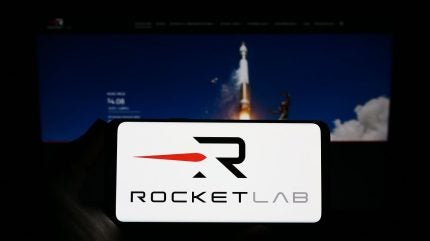
Kratos has chosen Rocket Lab to conduct a full-scale hypersonic test flight for the US Department of Defense (DoD) as part of the Multi-Service Advanced Capability Hypersonic Test Bed (MACH-TB) 2.0 initiative.
The test, which is scheduled to take place at Rocket Lab Launch Complex 2 on Wallops Island, Virginia, is set for no earlier than the first quarter of 2026 using Rocket Lab’s HASTE rocket.
This contract represents the initial full-scale flight test awarded by Kratos within the framework of the MACH-TB 2.0 agreement, a programme with a budget of $1.45bn aimed at enhancing the frequency and quantity of hypersonic technology testing for the country.
Earlier this year, Rocket Lab was added to Kratos’ team of subcontractors for MACH-TB 2.0 following its successful execution of multiple hypersonic test launches during the programme’s first phase starting in 2023.
To date, Rocket Lab has completed three launches for the DoD from their Virginia-based facility, including two within a span of just three weeks.
The HASTE rocket, a suborbital variant of the frequently launched Electron rocket, incorporates advanced technology such as carbon fibre composite structures and 3D printed engines.

US Tariffs are shifting - will you react or anticipate?
Don’t let policy changes catch you off guard. Stay proactive with real-time data and expert analysis.
By GlobalDataHowever, it features a modified upper Kick Stage designed for hypersonic tests and can carry payloads up to 700kg.
HASTE is capable of deploying technologies at speeds exceeding 7.5km per second, suitable for testing various hypersonic payloads and re-entry technologies.
So far, Rocket Lab’s HASTE and Electron launch vehicles have successfully deployed more than 200 payloads.
The upcoming mission adds to a growing list of planned HASTE launches set for 2025 and 2026.
Future tests involving HASTE encompass a Defense Innovation Unit project to deploy a scramjet-powered vehicle at hypersonic speeds; ongoing obligations under a multi-launch deal with Leidos involving five missions for MACH-TB’s initial phase; and another hypersonic test flight for an undisclosed client.
Beyond MACH-TB engagements, HASTE has been incorporated into two defence initiatives recently.
In the US, it is part of the $46bn Enterprise-Wide Agile Acquisition Contract under the US Air Force, and in the UK, it has been added to the Ministry of Defence’s Hypersonic Technologies & Capability Development Framework, a £1bn programme focused on advancing hypersonic capabilities.



